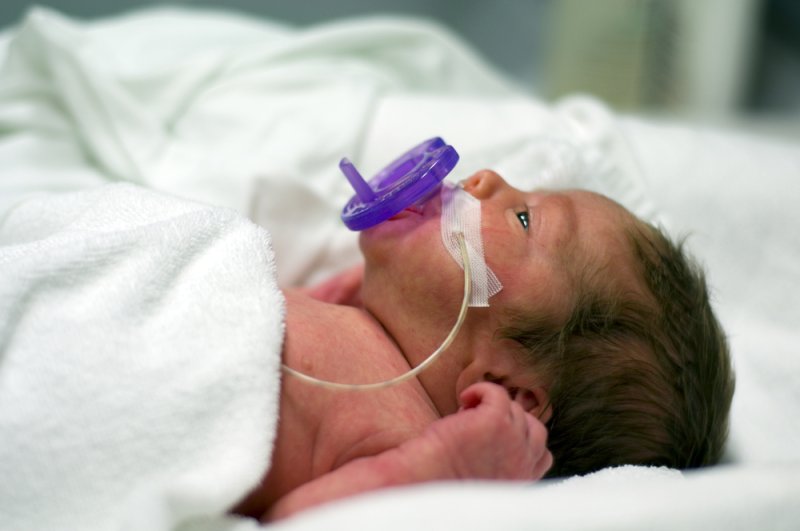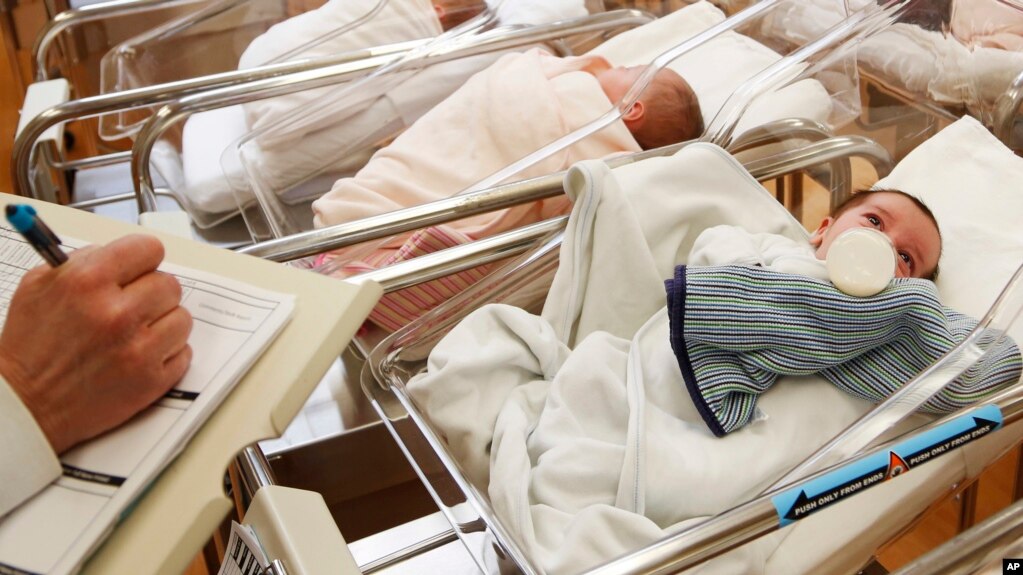JimBowie1958
Old Fogey
- Sep 25, 2011
- 63,590
- 16,797
- 2,220
You fuckers need to get crackin'!
Baby Bust: 2015 had lowest U.S. fertility rate ever, down 600,000 births
A new study from the University of New Hampshire put the gap at 3.4 million births since 2008.
And 2015 witnessed the lowest fertility rate on record and a gap of 600,000 births.
Baby Bust: 2015 had lowest U.S. fertility rate ever, down 600,000 births
A new study from the University of New Hampshire put the gap at 3.4 million births since 2008.
And 2015 witnessed the lowest fertility rate on record and a gap of 600,000 births.


